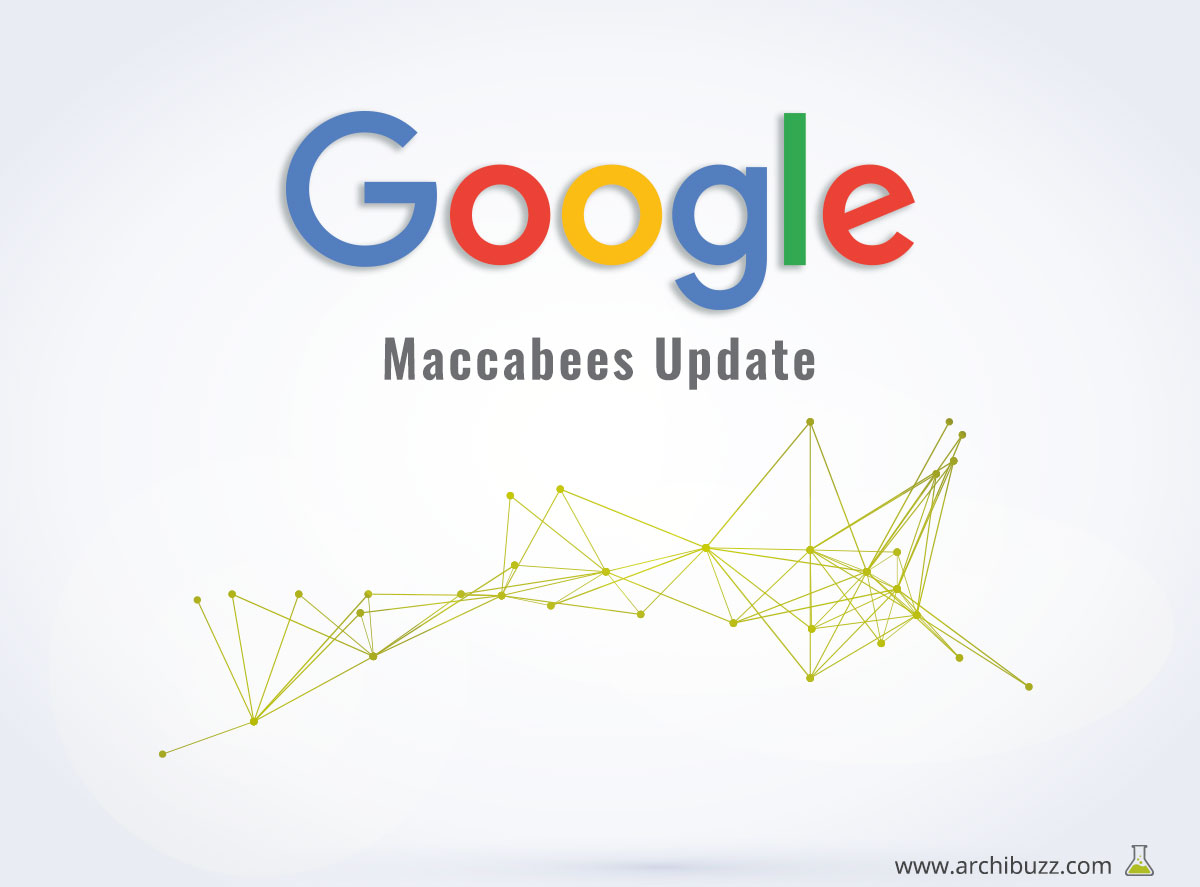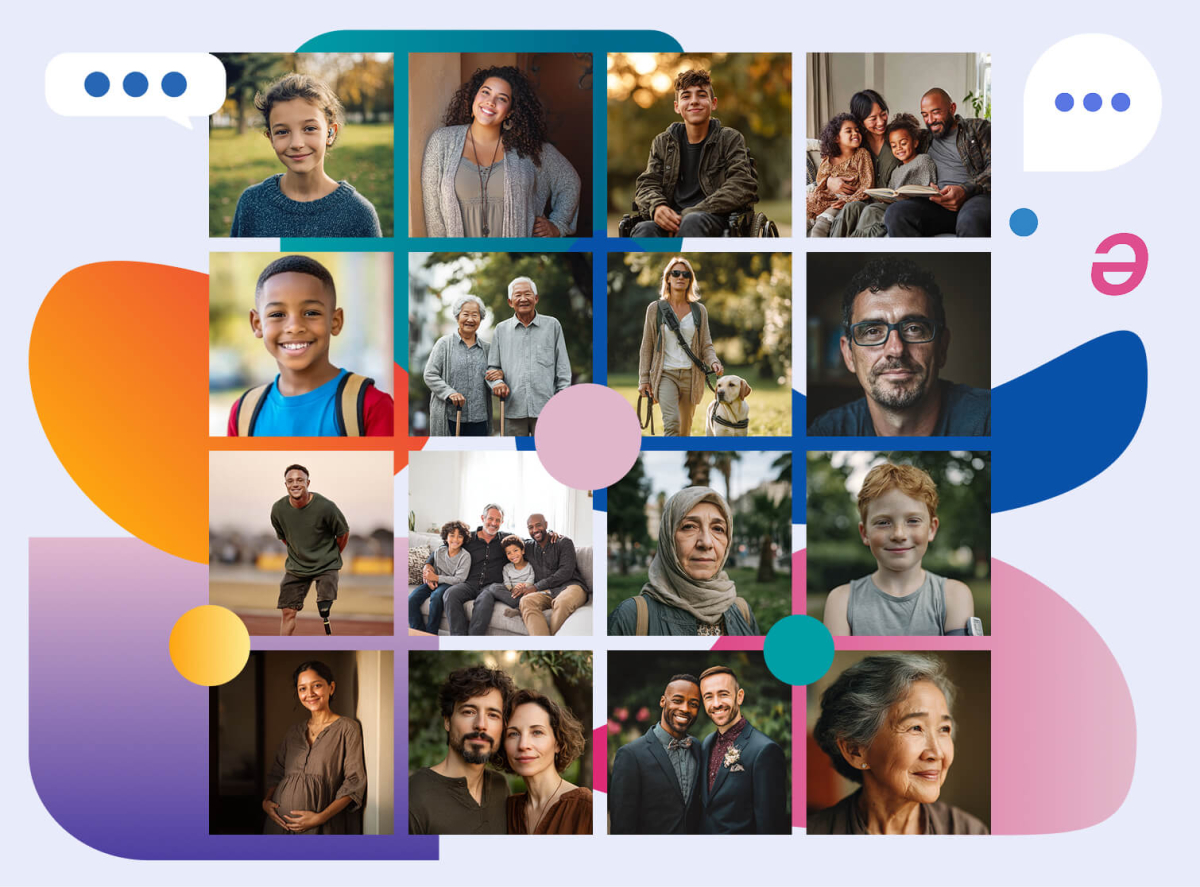
Maccabees Update: the latest Google news in the field of SEO consulting and ranking
There was big news in late 2018 in Google’s algorithms, which alerted those in charge of SEO consulting, and which were monitored with great attention. One of Google’s latest updates to its search algorithm, in fact, happened unexpectedly, suddenly and with great discretion, in the days between 12 and 14 December 2017 - and confirmed by the company only around 20 December, when it was now "uncovered".
Updates to Google’s core algorithm usually do not receive a name. It was Barry Schwartz, author of the Seroundtable website and expert in SEO consulting, who christened it "Maccabees", in honor of the Jewish holiday of Hanukkah. What are these "minimal" changes, and even "imperceptible" in some cases, as claimed by Google spokespersons? Let’s look at them together.
An update of the core algorithm may involve algorithms that determine the relevance of a search query for a web page, or may change the ranking of some sites or the way of scoring page content, involving the way Google "reads" and "evaluates" an algorithm.
We enter into the merits of this latest update. It was a real treasure hunt: not having been announced, the update produced variations in Google’s SERP that were well perceived (especially because they occurred in December, notoriously "quiet") but not easily identified. In particular, the Product Owner of Semrush’s volatility sensors (tool used for SEO consulting), Ilya Onskul, noted that many peaks in SERP’s volatility were detected at a time when Google usually tries to contain the impact of the many initiatives of the various portals, to ensure the stability of the results.
All the main analysts in the field of SEO consulting have been activated to identify exactly what were the "minimum" and "imperceptible" changes produced by the Maccabees update and which also alerted the entire community of web marketers. What was the outcome of their investigation? Theories have developed in four directions. The first two, which were quickly discarded, argued that the Maccabees Update promoted the best-optimized sites for mobile devices and that the update affected the visibility of the desktop more.
Various reports are out there that Google had an "update" to search last week. This is our statement that says nothing about a *single* update:
"We released several minor improvements during this timeframe, part of our regular and routine efforts to improve relevancy." ...— Danny Sullivan (@dannysullivan) 20 dicembre 2017
The other two theories, which at the moment would seem to be confirmed in the analysis of SEO consultants, concern the penalization of landing pages based on the so-called Keywords Permutation and a greater attention on the relevance of the contents. Keywords permutation consists of creating landing pages for each possible keyword combination. Thus, in the case of a tourist activity, one could create a specific page for a "service A" in a given location and a specific page for a "service B" in that same city - and so on, then taking up the scheme for each of the cities served. This strategy is considered by Google a form of spamming that introduces a lot of content of very little relevance, only many "copies" of an original content already present online.
As for the question of the relevance of the content, we enter a more technical field than the SEO advice, the SEO consulting. As Dominic Woodman tells in the Moz.com blog, one of the most recognizable effects of Maccabees is that some landing pages have been "cannibalized" by articles and user-generated content related to the same topic. To overcome this problem, his proposal is to make a more extensive use of the property "About" of Schema.org within the structured data. In other words, it is a matter of providing search engines with more specific and detailed information on the content they have just published. Specifically, by inserting JSON codes that include the string "sameAs" and that refer to authoritative sources such as Wikipedia or Wikidata, it is possible to "explain" to search engines, in a more precise way, the type and specificity of the content just published, so that it is not confused with other types of content and does not create that situation of "cannibalization" that could penalize the landing pages, as it has actually occurred with Maccabees Update.
In conclusion, the latest updates in the field of SEO consulting Google follow the track already marked: that of an ever-increasing organization of the material on the web starting from its content, its specificity, its relevance and (above all) its accessibility. In this regard, great is the wait for an update that will take place in July 2018 and that Google itself called "The Speed Update", an intervention that will transform the download speed of mobile sites into a ranking factor.
Have you noticed any significant changes in the positioning of your website in the last few months? Contact us for an SEO consultation, we will be happy to hear your story.


